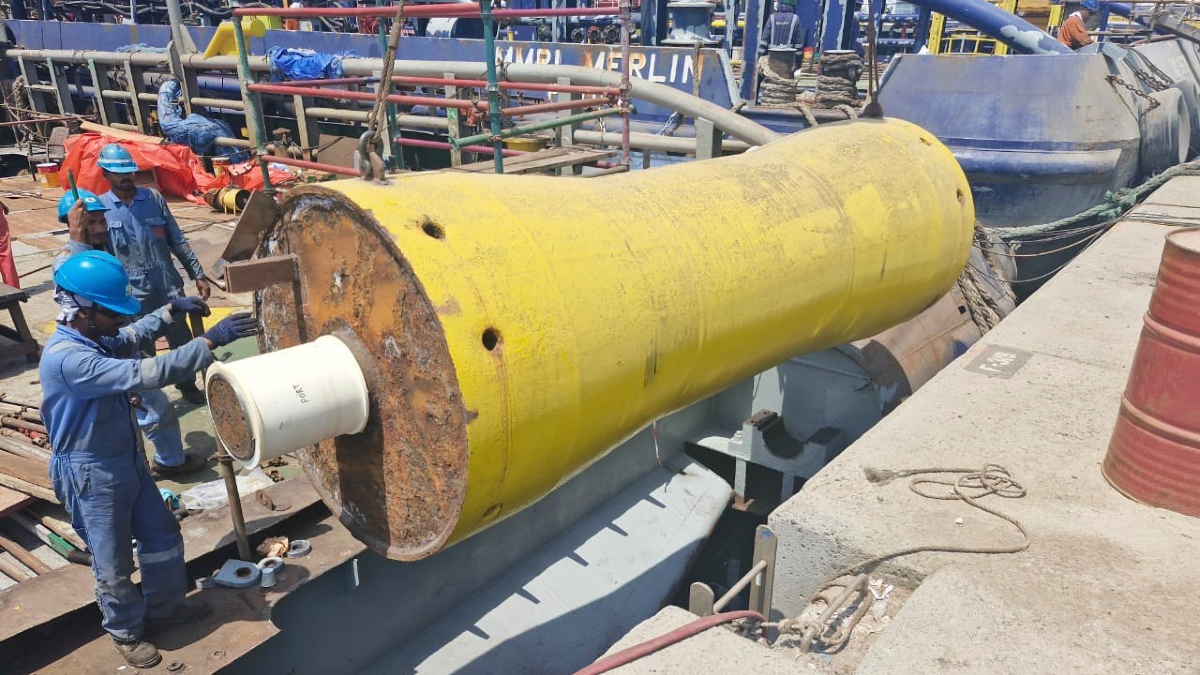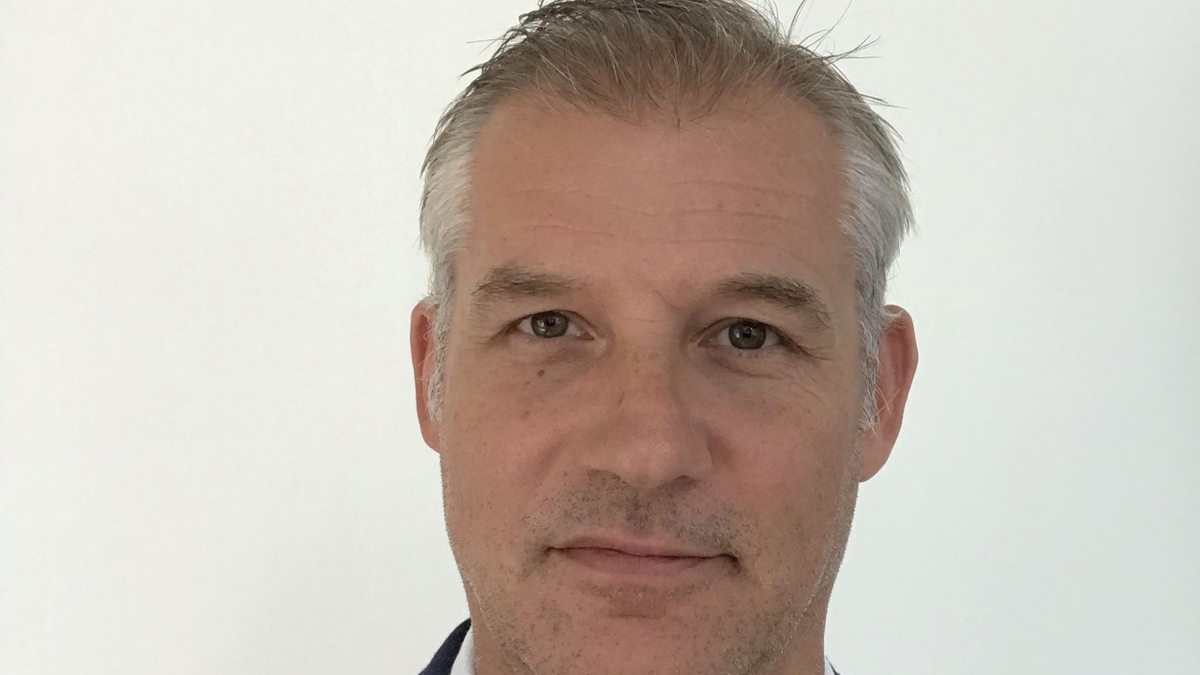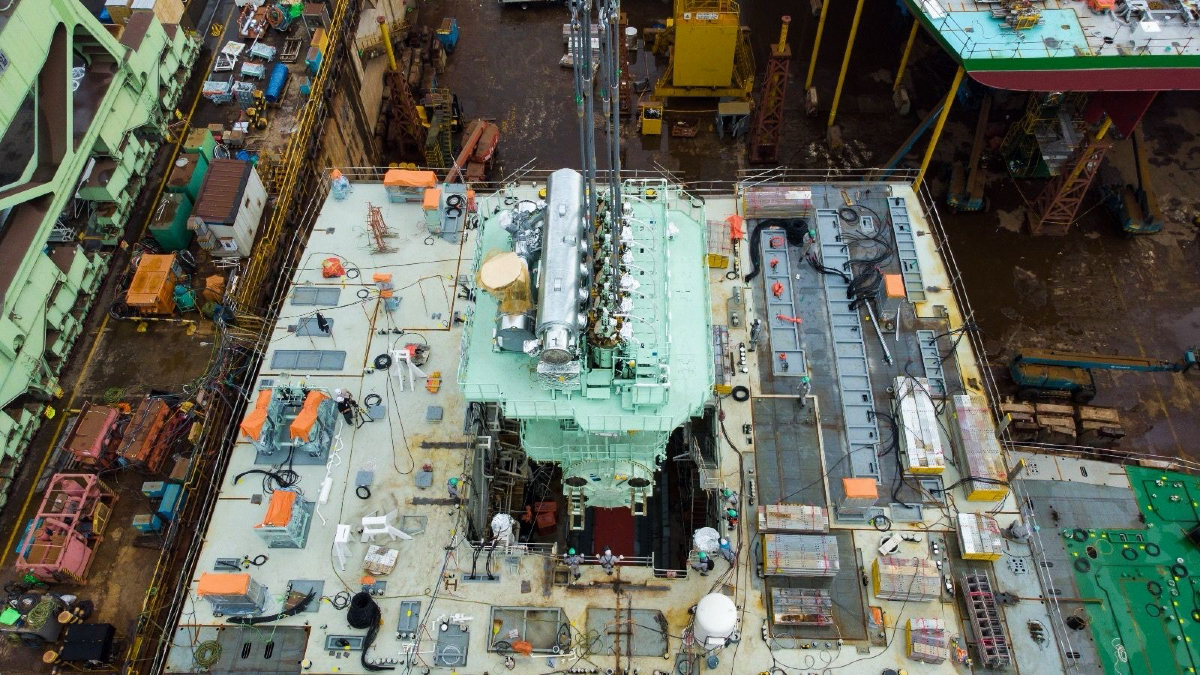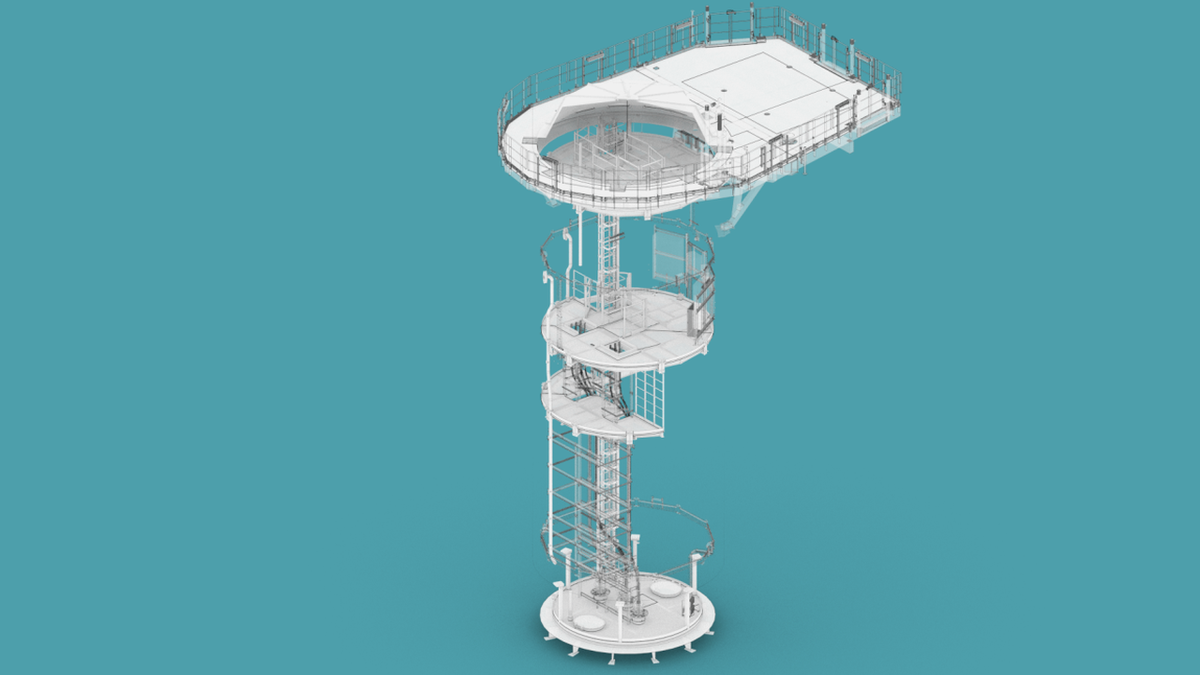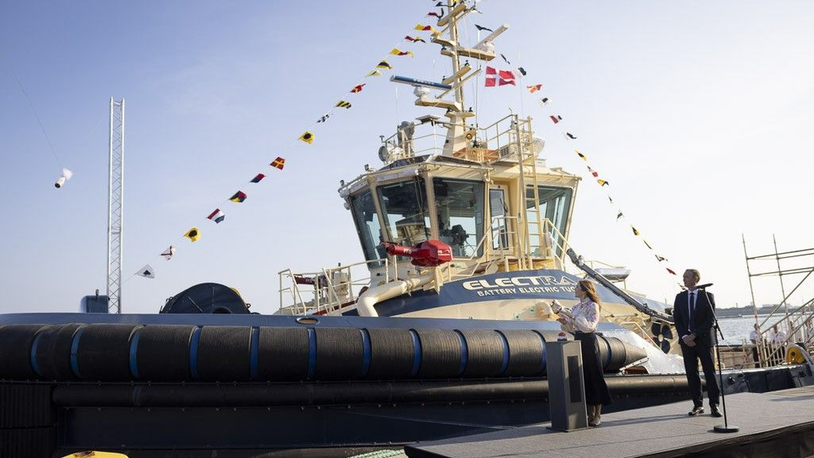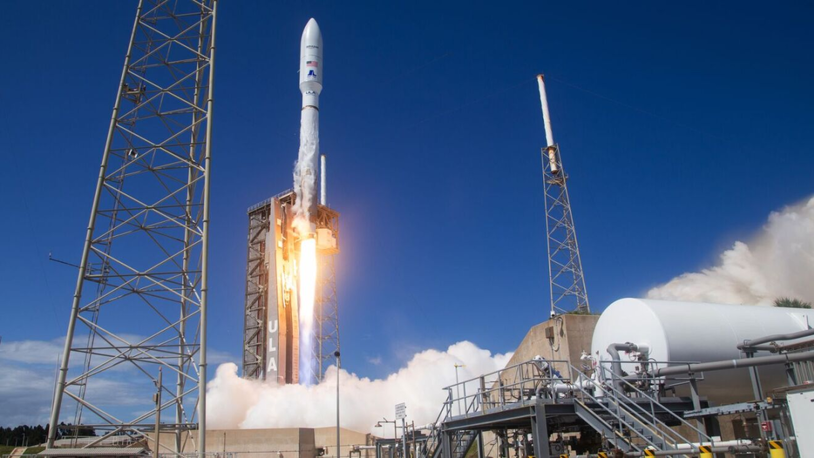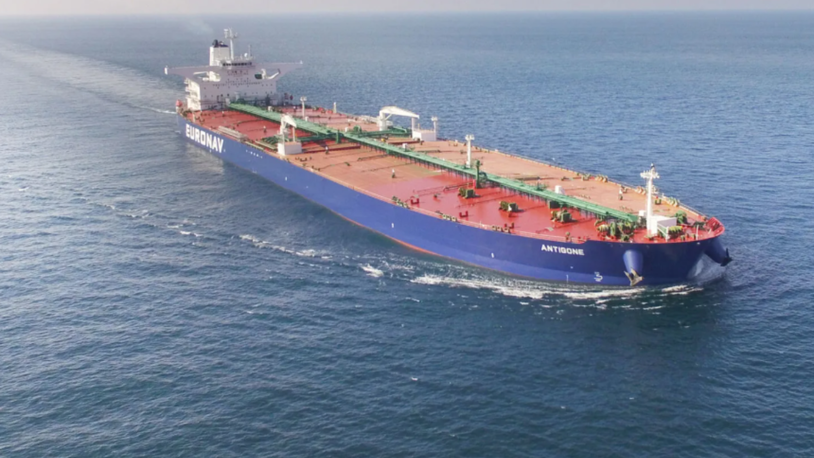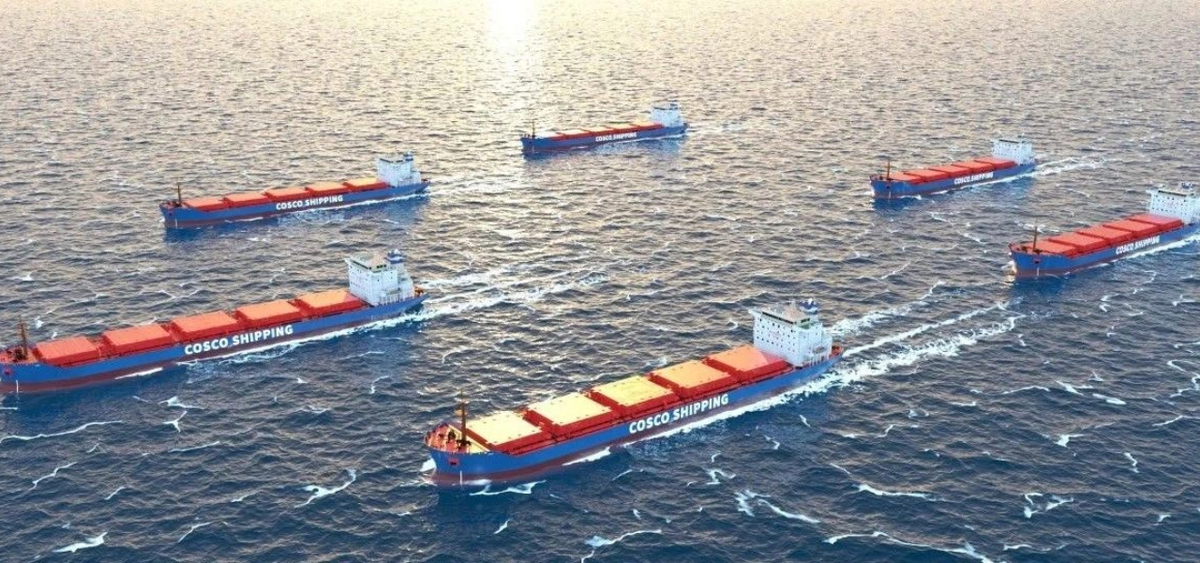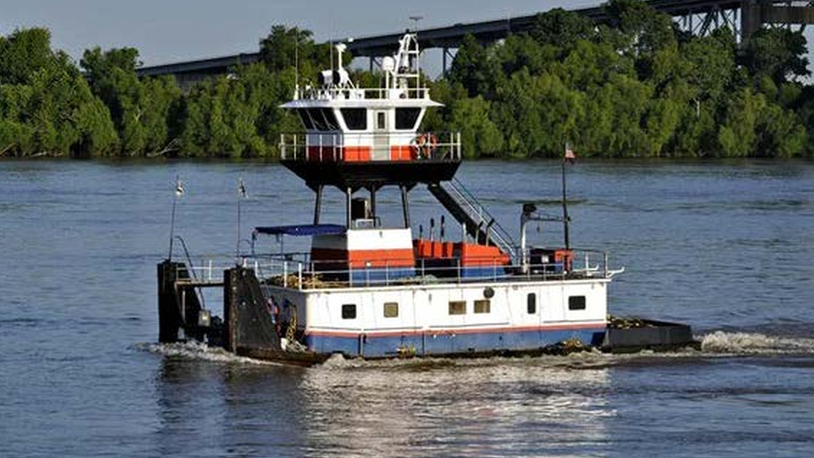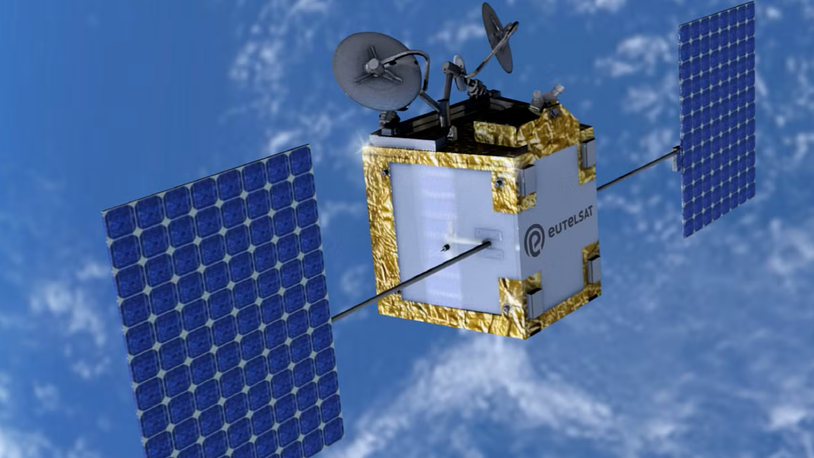Business Sectors
Events
Floating energy: successfully unlocking stranded gas using FLNGs and FSRUs
Contents
Digitalisation in cargo and load handling: where breakbulk and container owners can find value
Ahead of a Riviera webinar on digitalisation’s value in cargo and load handling, MacGregor vice president Mattias Gunnarsson calls on the maritime industry to move away from a fixation on contract prices and focus on innovation, product quality and long-term value
The rapidly changing landscape of the merchant shipping industry, from both a regulatory and technological perspective, presents challenges for shipping. These changes have arisen at a time when the industry is also facing an undercurrent of historically low order volumes and pressure from thin operating margins.
The combination of all of these forces has served to create an environment where short-term gains typically prevail at the expense of longer-term profitability and sustainability.
But when price alone determines contract success, purchasers beware. This approach rarely yields economic value throughout the lifecycle of a product and will ultimately suffocate innovation.
We have to put value back into the decision-making equation. We all want value for money, but this is rarely just about the lowest-priced product.
Adding value to different ship types
We know from experience that operational value can be added by considering each vessel as one holistic system, regardless of type. This is an approach roro vessel owners, for example, have always taken, as vehicle access equipment needs to be properly integrated and considered early on in the design phase.
MacGregor’s ’PlusPartner’ concept has also been developed around this approach, where all parts of the cargo handling system are considered and designed as a whole. Early involvement in a newbuild project to gain a full understanding of the operating profile, which is then incorporated into the cargo system planning phase, ensures a container ship’s utilisation rate and earning capabilities can be maximised.
For container ships already in service, Cargo Boost enables the shipowner to redesign the cargo system to maximise capacity on a specific route. Cargo Boost is a proven example of an upgrade offering that is delivering significant customer value, with more than 100 upgrades completed over the past three years.
Identifying and responding to market needs
Our electric drive portfolio, applied across all ship types, has championed the use of variable frequency drives that not only offer significant environmental benefits through the elimination of hydraulic oil and very low power-consumption demands, but also deliver additional savings through increased efficiencies and reduced installation costs.
For example, bulk carriers can benefit from our electric-drive system, MacRack, that combines drive and lift operations for side-rolling hatch covers. This delivers all the advantages of an electric drive, while eliminating the need for separate hatch cover lifters and hydraulic pipework.
The growth in electric drives has taken place in parallel with the development of our digital technology-enabled cargo handling capabilities. This includes introducing a bulk handling crane with autonomous discharging technology. Designed to improve the safety and efficiency of dry bulk handling, it is now being tested on board a new liquefied natural gas (LNG)-powered bulk carrier.
Through an industry-wide perspective and considerable experience, MacGregor’s aim is to deliver the highest lifecycle value for shipowners and operators, and provide shipbuilders with the lowest total installed costs. We also work hard to ensure the solutions and operational benefits we provide are proven in service.
Adherence to tight budgets is of course important and we understand why cost has been placed under ever-increasing levels of scrutiny. However, customers and suppliers need to maintain a collective competitiveness to ensure mutual long-term sustainability.
If we continue with an over-emphasis on cost, the incentive and resources available to fund new developments, which are crucial to meeting the challenges of tomorrow and supporting the future growth of our industry, will be diminished.
Combating an over-emphasis on cost
So, how do we move the focus from cost to value? Join us for a webinar on 19 November as we separate fact from fiction and explore what digitalising cargo and load handling really does and does not do. The details and the link to register to join the webinar are below.
WEBINAR:
Separating fact from fiction: how Hapag-Lloyd have profited from digitalising cargo and load handling operations
Date: 19 November 2019 9:00 AM - 9:45 AM GMT
Participants: Jörn Springer, senior director, Fleet Support Center, Hapag-Lloyd; Denis Mol, vice president, digital and new business transformation, MacGregor; Daniel Lundberg, director, new service models, digital and new business transformation, MacGregor
Related to this Story
Events
Maritime Regulations Webinar Week
Floating energy: successfully unlocking stranded gas using FLNGs and FSRUs
© 2024 Riviera Maritime Media Ltd.

